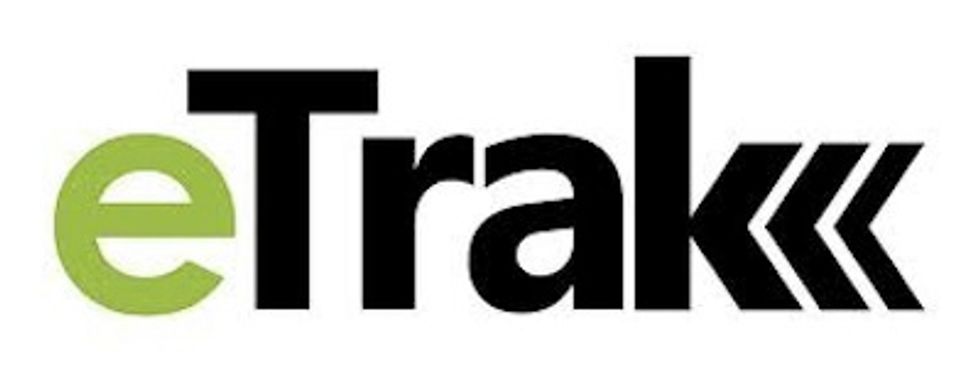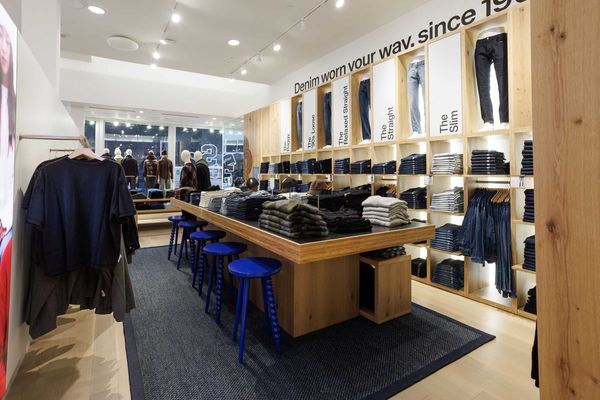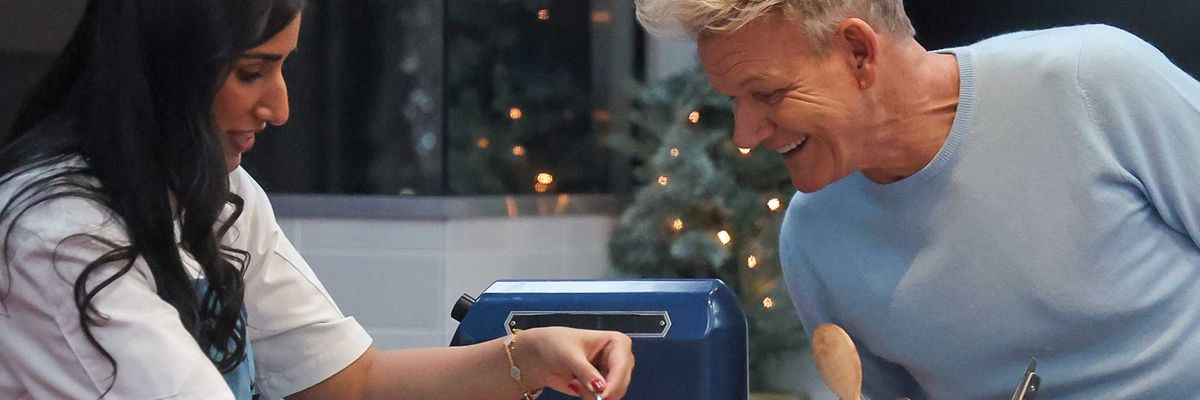Back in November 2010, John Harris, a veteran of some 30 years in the consumer products and tech industries, tried to find an effective tracking product that could help members of his family take care of his mother-in-law, who has Alzheimer’s, and a niece, who is Autistic.
“Both of them get lost sometimes, especially my niece,” he explains. “But I couldn’t find anything suitable. The devices were all too big, weighed too much, and were too big to fit into a pocket. Plus their battery life was too low, about 24 hours.”
Harris went about putting together a team and starting a company, eTrak, to address this problem, and the result is a device that is the size of a domino – two inches tall, one inch wide, and a half inch thick.
It weights just 20 grams and can be easily worn on a wrist, ankle or around the neck, stuck in a pocket, or attached to a key ring, belt, backpack, and so forth. It also has a “panic button,” which the person carrying the device can use to ask for help from their caregiver if they become confused or lost.
The eTrak device also has an extended battery life of roughly a week.
This last feature is possible because it is the first such tracking product with an embedded WiFi module, which not only results in more accurate location data than the GPS system, it draws down the battery at a much slower rate.
The company calls this feature ”hybrid tracking,” as it can still access line-of-sight GPS if necessary, but all it has to do is “see” (not ping) one of the 300 million WiFi access points Google and others have mapped in the U.S.
Last week, while the Dallas-based eTrak team was in San Francisco, where they will be opening a major office later this year, they tested the device all over town.
“We found that GPS couldn’t give an accurate location at the base of the Transamerica Pyramid,” says Harris. “But when we went inside, there was WiFi in the lobby, and we had it instantly.”
The eTrak group is an example of many startups that are relocating at least part of their operations to the Bay Area to take advantage of the talent and know-how available here.
“This is the epicenter,” notes Harris. "We already work closely with frog for design here in the city."
The eTrak device, which became publicly available in late May, sells for $99, or about half the price of the traditional tracking products. There is a monthly subscription cost of $8-15 for the tracking plans.
The company is unique in its sector in that it has partnerships with both of the two biggest networks in the U.S., Verizon and AT&T. Its devices also work in 172 countries around the world.
The human tracking product will be available in Verizon Wireless stores, Best Buy, Radio Shack and many other retailers by mid-summer.
Harris says the company has a charitable commitment built into its DNA, and is giving away the trackers to several large nonprofits:
“We have agreements with Autism Speaks and National Downs Syndrome Society and National PTA. We will donate the device to care givers and parents in these organizations and donate $10 per device to the organizations as well.”
Besides the human tracking device, eTrak has developed other products, including PetTrak to keep track of pets, and CarTrak to prevent your car from disappearing.
To date, the company, with 14 employees, has been bootstrapped, but Harris is engaged in discussions with local venture capitalists about possible strategic partnerships going forward.





















